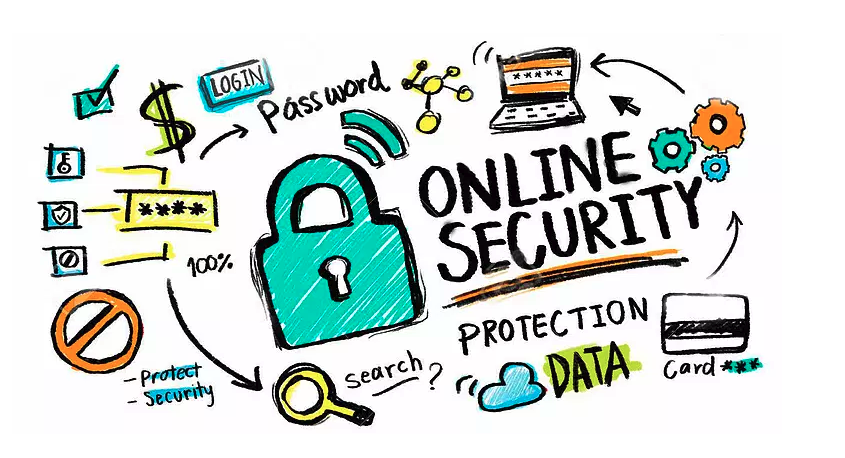article provided by AutismHelpHug.org
 Online bullying and cybercrime can be a traumatic experience for anyone. However, people with autism spectrum disorder (ASD) may be even more susceptible to these and other internet-related crimes like phishing and identity fraud.
Online bullying and cybercrime can be a traumatic experience for anyone. However, people with autism spectrum disorder (ASD) may be even more susceptible to these and other internet-related crimes like phishing and identity fraud.
Cyberbullying and ASD
The internet is full of platforms where users can interact with one another. Though intended to promote a healthy social life, these online platforms can also be venues for cyberbullying. This can take the form of abusive messages sent through:
- Instant Chat
- Comment Section
- Text Messaging
More serious types of cyberbullying include:
- Impersonation
- Posting & Sharing Embarrassing Posts
- Public Shaming
- Stalking
- Frape (to change someone’s personal Facebook pages without their permission)
Even when cyberbullies don’t physically hurt someone, they can inflict long-term mental trauma. This can result in things like withdrawing from others, inability to trust others online, distancing oneself from family, and cyberphobia.
So, how can people with ASD avoid cyberbullies? Methods to try include:
- Don’t share personal information
- Use the “friends only” settings on social media accounts
- Don’t respond to people who send abusive messages
- Block the cyberbully’s account
- Use the “report” feature of that social media or online forum
Online Misunderstandings and ASD
People with autism sometimes understand things differently than others. It can be difficult to convey feelings, even in face-to-face conversations. This is obviously harder in the online world where there are no visual cues. Misreading someone’s emotions can happen very easily. For example, one person may use exclamation points or all caps to show that they are excited, while someone else can misread this as a sign of anger.
Misunderstandings can often be avoided by doing the following:
- Avoid “friending” your boss, teacher or supervisor on social media
- Avoid using emojis
- Correct any inaccuracies politely
- Avoid cap-locking words
- Be polite & think about the other person’s feelings
- Do not respond to people who ask for passwords or other personal data
- Do not confirm friend requests with people you don’t know
Avoiding Scammers and Hackers
Scammers and hackers are everywhere online. Hackers try to access accounts by sending fake emails, sometimes even including a company logo in the email. Even if the email looks real, ask someone you trust to look at it before you click on any links. Scammers are out there too, trying to get personal information by pretending to be with a company you may know, or even by pretending to be a potential lover.
To avoid getting scammed or hacked, DO NOT click on suspicious emails. You can protect your privacy by using a fake name. And remember, do not share or post your bank information.
How To Block Inappropriate Content
Inappropriate content like ads and push emails seem to be out there everywhere. People with autism can sometimes be more susceptible to getting these because they may not always exercise caution about which websites they visit or what files they choose to download or view with a browser.
However, inappropriate content can be easy to block by downloading user protection tools like:
- Google Safe Search
- Net Nanny
- The browser’s default pop-up blocker
- Anti-virus and anti-malware











